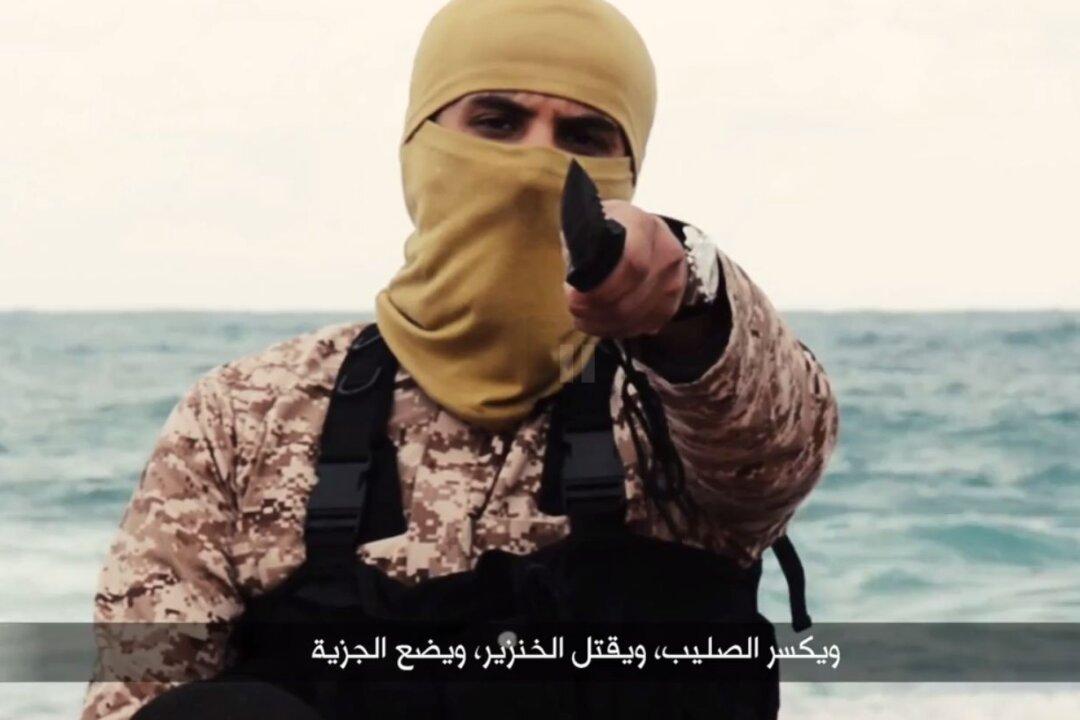The recent release of a video that purportedly shows the beheading 21 Egyptian Coptic Christians has revealed an unpleasant truth for many: ISIS is in Libya.
While the Islamic State of Iraq and Syria, or ISIS, took over cities and areas in the North African country over the past year or so, the executions could represent a turning point for Libya, which has both a weak central government, with two main rival factions, and is simultaneously a hotbed for extremists. After the beheadings, Egypt carried out bombing missions on suspected targets controlled by ISIS in Libya.
Of note, the video published by the Islamic State-affiliated group in Libya issued a threat to “conquer Rome,” suggesting possible attacks in Europe. The execution video, perhaps in a symbolic gesture, was filmed on the Mediterranean coast. As the video ends, the footage cuts to ocean water running red with what appears to be blood.






